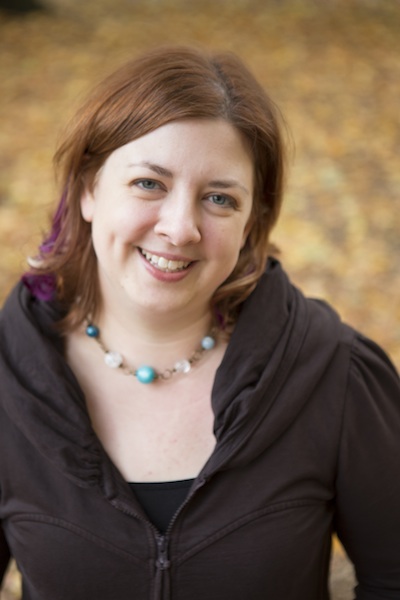The Other & The Single Story
 Thursday, November 12, 2009 at 3:02AM
Thursday, November 12, 2009 at 3:02AM You are not me. I am not you. Our experiences are unique to ourselves. And yet, we are connected. We share some things, even if that is only living on this planet and being human. But I suspect we share much more. We breathe, we speak, we bleed, we weep. We laugh, love, live. We are. I have friends who are teaching me about the concept of turikumwe, which is a word that roughly means we are together.
But if we allow ourselves to believe that we are different, big problems occur. Racism. Hate crimes. War. If we dehumanize one another, if we strip away all of the similarities and focus only on the differences or the things we don't like or understand, we can create "the other." When we see others not as individuals, but as anonymous members of some faceless group, we make them part of "the other." And then we are free to do terrible things.
If we buy into the idea of "the other," we can give them a single story that reinforces this narrow view. All blue people are itchy. Everyone from that country has ingrown toenails. Their kind don't like what we like. When we give "the other" a single story, we miss their humanity. We miss their worth. We miss the whole world.
In The Translator, Daoud Hari's memoir about his experience of the genocide in Darfur, he writes: "How can you be safe if your people are not safe? And so who are your people? Perhaps everyone is your people."
Perhaps everyone is your people.
Or, as the diner owner said in the movie The Muppets Take Manhattan, "Peoples is peoples."
I found this next video (and the quote above from Hari's book) on Marianne's blog, Zen & the Art of Peacekeeping. In it, Nigerian writer Chimamanda Ngozi Adichie, author of Half of a Yellow Sun and Purple Hibiscus talks about the danger of the single story. If you're a storyteller, a story listener, or a peoples, I hope you'll watch it.



Reader Comments (2)